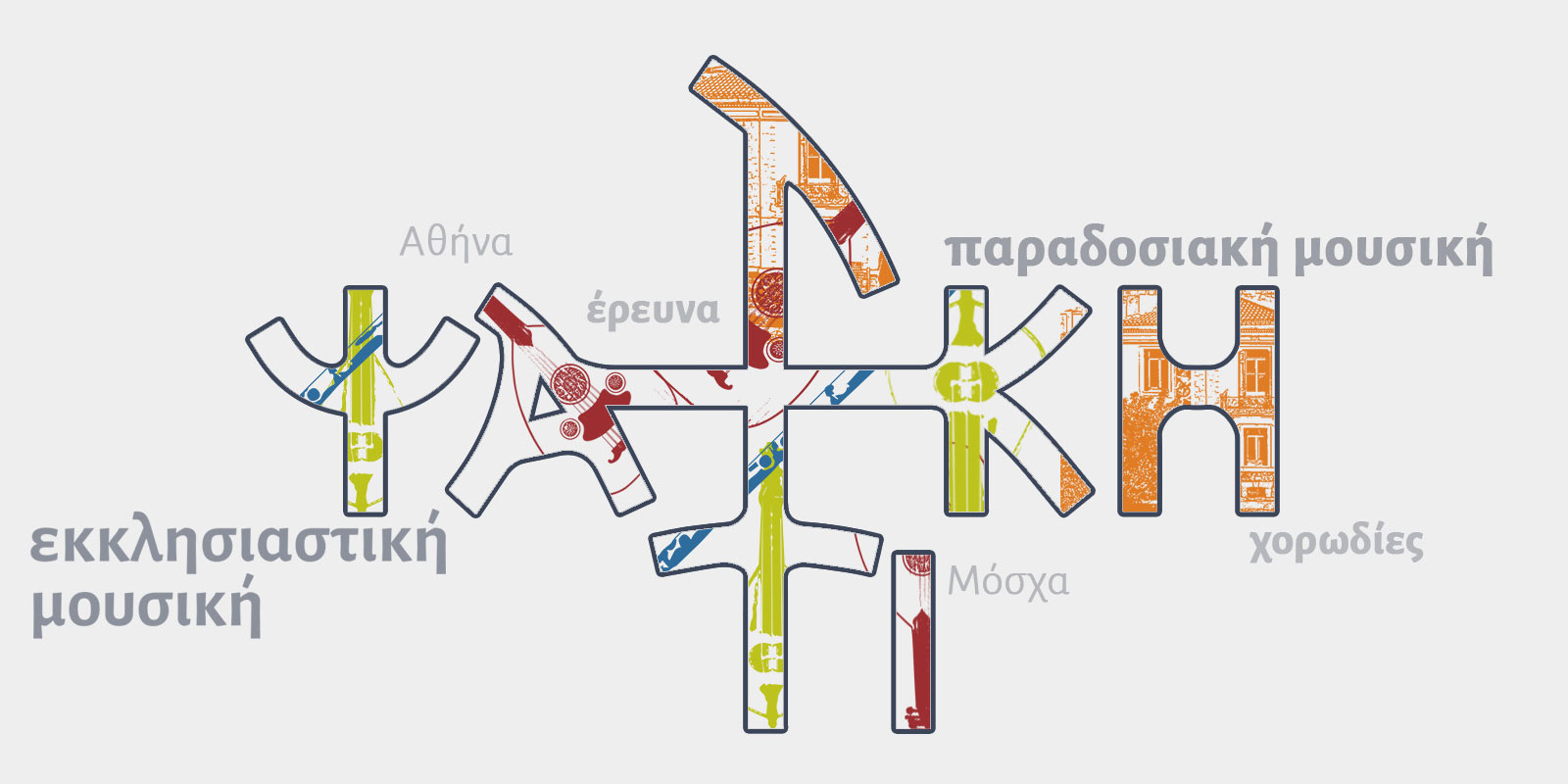Traditional songs are songs whose original creator is unknown. They were formed rather collectively by many different people and, while passing through the filter of time they were preserved up until today mainly orally. Their roots can be traced back to antiquity and the Byzantine era, but their largest bulk was created during the Turkish occupation.
Depending on the content of their poetic text, traditional songs are divided into categories such as lullabies, paraloges, songs related to immigration, carols, carnival songs, etc. In addition, they are characterized by a wide variety of rhythms and scales, they are predominantly monophonic, do not follow the tempered intervals and are performed by one or a group of singers. They are usually accompanied by instruments and their rhythm is dancing.
The Scholeion Psaltikis offers traditional singing lessons (individual and group) with the aim of learning and studying it, approaching it systematically by region and indulging in the special style of each region.
Teaching is not limited to the sterile memorization of the melody, but also goes deeper into the theoretical analysis of each song and of traditional music in general. More specifically, morphology, rhythmic elements, staff notation, modality, etc. are taught.
In the course students are given the opportunity to sing on their own, which is deemed necessary to highlight and refine issues of technique and style.
